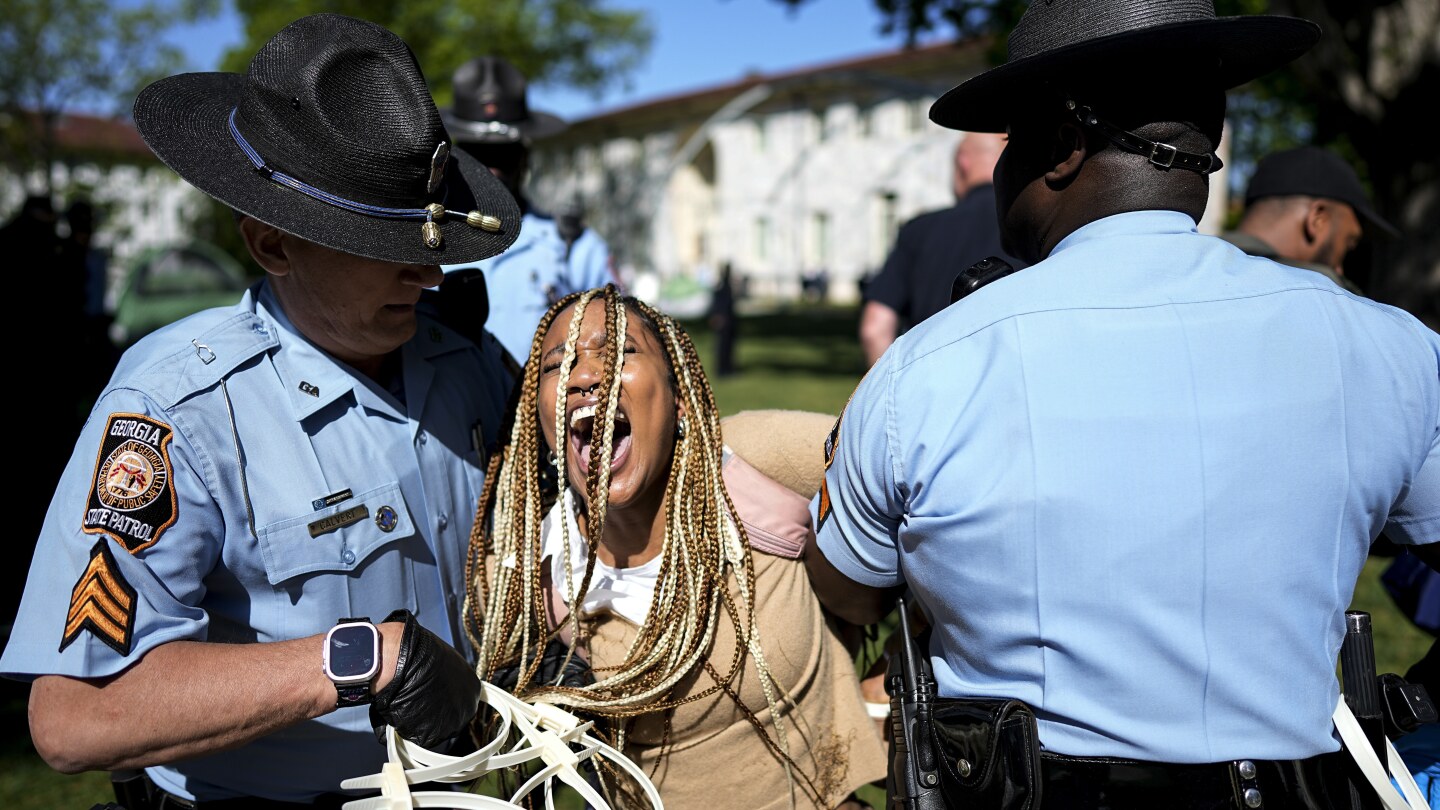Maryam Alwan figured the worst was over after New York City police in riot gear arrested her and other protesters on the Columbia University campus, loaded them onto buses and held them in custody for hours.
But the next evening, the college junior received an email from the university. Alwan and other students were being suspended after their arrests at the “ Gaza Solidarity Encampment,” a tactic colleges across the country have deployed to calm growing campus protests against the Israel-Hamas war.
The students’ plight has become a central part of protests, with students and a growing number of faculty demanding their amnesty. At issue is whether universities and law enforcement will clear the charges and withhold other consequences, or whether the suspensions and legal records will follow students into their adult lives.



Not for doubt, but because I can’t think of any, can you give examples? Were you just hyperbolizing?
You can look it up, the federal code has over 5,200 crimes and that was over 2 years ago last I could find that someone counted. The average person unwittingly commits over 2 felonies a day.
What are some of the every day felonies? Where are you getting the two a day stat?
Small accounting errors, felony. Putting your pills into a reminder box and traveling accross straight line, felony. Accidentally drive an ATV or dirt bike onto unmarked federal land, felony. Delete CP of a used laptop, felony.
The fact of the matter is any felony that is common to commit, are kind of boring. The federal code is so long and complex that you can find thousands of cases of people being unexpectedly tried for odd felonies. The federal code has become so cumbersome that no one actually knows the law until you’re in a court room with a bunch of lawyers paid to research that specific law.
Thanks for the suggestion! I looked it up and I feel a little bit more skeptical about your claim however I can see a number of those that could easily be trumped up or falsified especially things like injury to an officer and stuff like that.
https://clarifacts.com/federal-crimes-list/